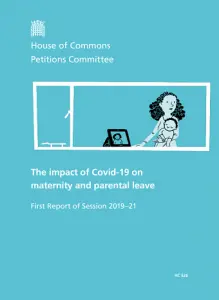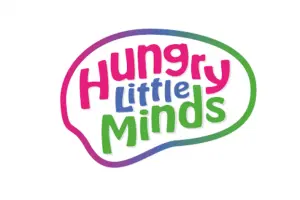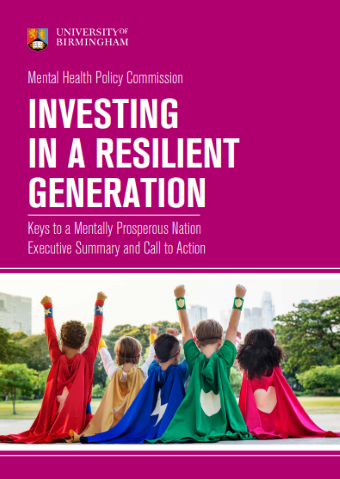The Petitions Committee has today launched its landmark report calling on the Government to extend parental leave and pay for all new parents affected by COVID-19.
More than 226,000 people have signed an e-petition calling for the Government to extend maternity leave by 3 months with pay in light of COVID-19. The committee received over 69,000 responses with people sharing their experiences and views on the Government’s response and on the actions they think need to be taken.
But the Government’s response to this petition to date has been to turn down petitioners’ requests for more time. The Committee has heard from new parents who have found that their jobs are at risk as they are unable to find childcare, from parents whose mental health has been severely affected, and from parents who are desperate for help and support. In addition, Dr Cheryll Adams appeared before the House of Commons Petitions Committee in May to talk about the petition – she contributed some evidence and raised the profile of the work of health visitors during COVID-19 – see news story here.
Dr Cheryll Adams CBE, Executive Director, iHV, commented:
“This enquiry has demonstrated government and democracy at its best, with the views of the population, in this case new parents, being truly listened to. Young families have received little attention during the response to the COVID–19 pandemic but the Institute has reported that their needs, as a result of lockdown, could form a secondary pandemic if not addressed quickly.
“As families start to surface again, we are now hearing evidence of the impact of the past three months in lockdown on families, with an increased incidence of safeguarding issues (more domestic violence), more infants going into care. Health visitors are also reporting an explosion of mental health issues, especially for our most vulnerable families including those who have fallen into poverty due to job losses, or who may have had children with special needs or prematurity. Many others are worrying about their return to work as evidenced by the enquiry. The loss of easy access to the normal support services, and to opportunities to maintain their social and emotional wellbeing through meeting with family and friends has been profound.
“We recommend that the Government listens to the overwhelming evidence gathered from parents and experts in the early years by this enquiry committee. It must act now to provide additional support, especially to those needing to return to work in the next few weeks/months, but also respond to the clear evidence that this stage of everyone’s life trajectory needs to be taken much more seriously by the Government. Ultimately all the evidence is clear, doing so will lead to many future financial and social benefits for the country as a whole.
“An urgent first step is to do a workforce review of the health visiting service, provide new funding to replace the huge numbers of health visiting posts which have been allowed to be lost since 2015, and address the inconsistencies in the health visiting services that parents can access up and down England. The Institute has already published its own Vision for how this should be done.”
The report finds that there are many more areas where the Government needs to consider taking urgent action, including access to free dental treatment for new mothers, access to rapid COVID-19 testing for parents with babies in neonatal care, and the extension of protections for women against losing their jobs as a result of being pregnant or a new parent.
Key findings and recommendations made in the report include:
- New parents have missed out on crucial support, the lack of which could have a huge impact on their mental health and that of their children, with resulting impacts on the NHS and the UK economy
- The Government should extend parental leave and pay for all new parents affected by the pandemic. This includes maternity leave, shared parental leave and adoption leave
- The Government should publish clear new guidance for employees and employers on supporting pregnant employees and those returning from parental leave that explains clearly their options and responsibilities
- The Government should consider extending the period in which pregnant women and new parents may bring claims before the employment tribunal to 6 months from dismissal in light of current challenges posed by Covid-19
- Free dental care is an important benefit that most pregnant and new mothers have been unable to access as the result of the pandemic. The Government should extend maternity dentist provision for new and expectant mothers affected by the pandemic for at least six months
- The Government should review the provision of health visitor services in light of Covid-19 and consider funding increased numbers of health visitors and other allied professionals, to ensure that vulnerable families are identified and given the support they need
- The Committee strongly urges the Government to follow the science and stay alert to how the Government supports new parents so that the effects of the pandemic do not continue to impact families for years to come







